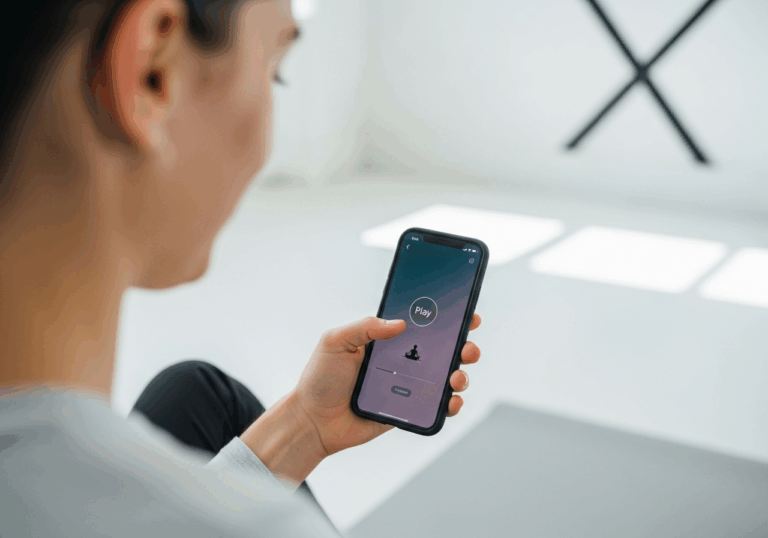Science-Backed Tips
Boost Your Wellbeing with Self-Compassion
Self-compassion reduces anxiety by 57% and depression by 66%.
📊 Did you know?
💡 Why It Matters
1️⃣
Enhancing self-kindness can lead to a 57% reduction in anxiety, improving overall mental health.
2️⃣
A 66% decrease in depression symptoms can significantly enhance quality of life for individuals.
3️⃣
Promoting self-compassion may reduce healthcare costs associated with mental health treatment.
✅ Try These Micro-Tips
🎯
Practice self-compassion exercises for 10 minutes daily.
🎯
Engage in guided self-compassion meditations twice a week.
🎯
Journal about your feelings and practice self-kindness once a week.
🎯
Attend a self-compassion workshop or group session monthly.
📚 The study
These findings highlight the importance of enhancing self-kindness as a powerful tool for improving mental well-being. By fostering self-compassion, individuals can experience a remarkable 57% reduction in anxiety, which can transform their daily lives and interactions.
Furthermore, a 66% decrease in depression symptoms can significantly enhance the quality of life for those affected, allowing them to engage more fully with their surroundings and relationships.
Beyond personal benefits, promoting self-compassion may also lead to reduced healthcare costs associated with mental health treatment, making it a win-win for individuals and society.
This meta-analysis underscores the critical role that self-compassion plays in mental health, encouraging us all to embrace kindness towards ourselves as a pathway to emotional resilience and overall well-being.
❓ Frequently Asked Questions ❓
Learn more
What is self-compassion?
Self-compassion involves treating oneself with kindness and understanding during difficult times. It promotes emotional well-being by fostering a positive relationship with oneself.
How effective are self-compassion interventions in reducing anxiety?
Meta-analytic reviews indicate that self-compassion interventions can reduce anxiety by approximately 57%. This reduction is considered a medium effect size, demonstrating significant benefits for mental health.
What impact do self-compassion practices have on depression?
Self-compassion interventions have been shown to decrease depression symptoms by about 66%. This substantial reduction can lead to a better quality of life for individuals experiencing depression.
How does self-compassion relate to stress management?
Research indicates that self-compassion can reduce stress levels, with a reported effect size of approximately 0.67. By fostering self-kindness, individuals can better manage stress and emotional distress.
What are some practical ways to practice self-compassion?
Engaging in self-compassion exercises for 10 minutes daily can be beneficial. Additionally, guided meditations and journaling about feelings can enhance self-kindness.
How often should I engage in self-compassion exercises?
It is recommended to practice self-compassion exercises daily for about 10 minutes. Additionally, participating in guided meditations twice a week can further enhance these benefits.
Can self-compassion reduce healthcare costs?
Promoting self-compassion may lead to reduced healthcare costs associated with mental health treatment. By improving emotional well-being, individuals may require fewer mental health services.
What is the significance of attending self-compassion workshops?
Attending self-compassion workshops or group sessions can provide support and enhance learning. These environments foster community and encourage consistent practice of self-kindness.
How many studies were included in the meta-analysis on self-compassion?
The meta-analysis included 27 randomized controlled trials (RCTs) with approximately 1,480 participants. This robust sample size strengthens the findings on the effectiveness of self-compassion interventions.
What are the overall benefits of practicing self-compassion?
Practicing self-compassion can lead to significant reductions in anxiety, depression, and stress. Ultimately, it promotes stronger emotional well-being and enhances overall quality of life.





